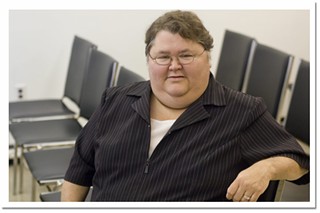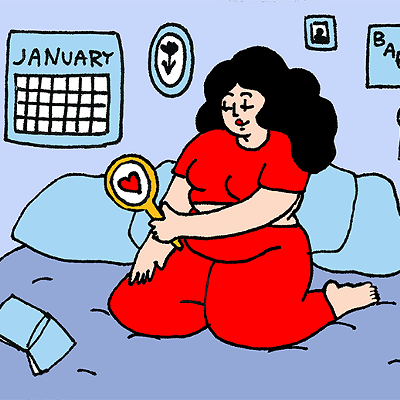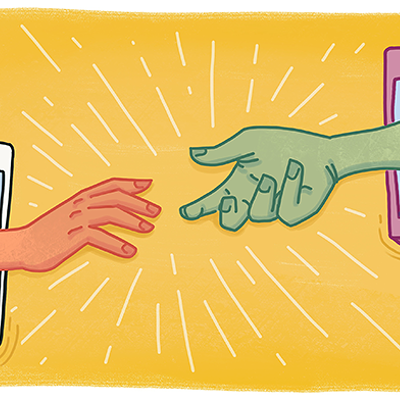Their story begins when Angus came home from work and found his partner collapsed on the bathroom floor. Paul was delirious and didn’t recognize him. This was the start of Paul’s terminal illness, a long journey that presented the couple with several unique challenges—including Angus’ grief.
“Sometimes I wonder if we actually need a special bereavement group for same-sex relationships,” he says.
Capital Health and the IWK think they do. This fall the two entities are offering a bereavement group for members of the gay, lesbian, bisexual, transgendered and intersexed community who have lost a partner, parent or other close family member.
Marianne Arab, a bereavement co-ordinator for Capital Health’s palliative care service, noted the need not long after bereavement services were first offered two years ago.
“We’ve had a number of individuals who’ve come through palliative care and have lost partners,” she says.
People in the Pride community quite often face unique issues when grieving.
Reverend Darlene Young of Safe Harbour Metropolitan Community Church knows this all too well. She’s seen what some members of her congregation have gone through.
Sometimes the deceased isn’t out to their family, and the partner has to deal with the burden of either keeping their loved one’s secret or bringing it out in the open.
“There are certainly issues in the gay experience of people who were living with somebody who died of HIV/AIDS, and dealing with the stigma.”
Angus agrees. During Paul’s illness, situations came up that fall outside the experience of many heterosexual spouses (at Angus’s request, last names have been withheld).
Paul lay in a hospital bed for three weeks during his first admission, most of that time unconscious, as doctors struggled to figure out what was wrong. They made a diagnosis of TB meningitis, a rare tuberculosis infection of the brain and meninges. HIV precipitated its onset, leaving Angus with his first dilemma: “Most people did not know Paul had HIV, including his family.”
He called Paul’s sister and two nieces, who live in another province, and told them about the hospitalization. “They were obviously upset, and I was in a quandary—do I tell them about the HIV?”
The call itself led to the next problem.
“I was next of kin,” Angus says. Paul’s sister called the nursing station 45 minutes after the phone call to have him removed.
“She was screaming on the phone…I was standing at the nurses’ station, and I could hear her. She called me ‘a tenant, a boarder.’ I was not his next of kin whatsoever. I was stunned and embarrassed.”
After his arrival at the hospital, Paul had had two moments of lucidity. During the second, he told two doctors and a nurse that only Angus was his next of kin.
“From that moment on, the hospital defended me.”
Paul regained consciousness, but the meningitis left him paralyzed from the mid-chest down. While he struggled in rehab, Paul’s sister and nieces questioned the medical decisions Angus made for him.
Their disapproval intensified after Paul suffered a relapse that debilitated him further. “He said, ‘That’s it. Let me go,’” Angus says.
He spent the last five-and-a-half weeks of his life at home, off life-prolonging medication. Angus kept Paul’s family informed, though he hadn’t heard from them in months.
In mid-March, days before Paul’s death, his sister arrived for a visit. “I freaked out because he didn’t want to see her,” Angus says. He asked her to stay away. “She called the police on me, accusing me of not providing him with adequate care.”
Since Paul’s death four months ago, Angus has only spoken to the family through his lawyer. Their repeated requests for possessions take away from Angus’ grieving, which, he says, has only started.
The ordeal has left him unemployed and in a financially precarious position, but he would do it all over again.
“It was truly an honour,” he says.
Now Angus can focus on working through his grief. But does he need a distinct bereavement group?
“Perhaps,” he says. “Perhaps… All of us share grief, but there are some issues that are specific to same-sex couples.”












